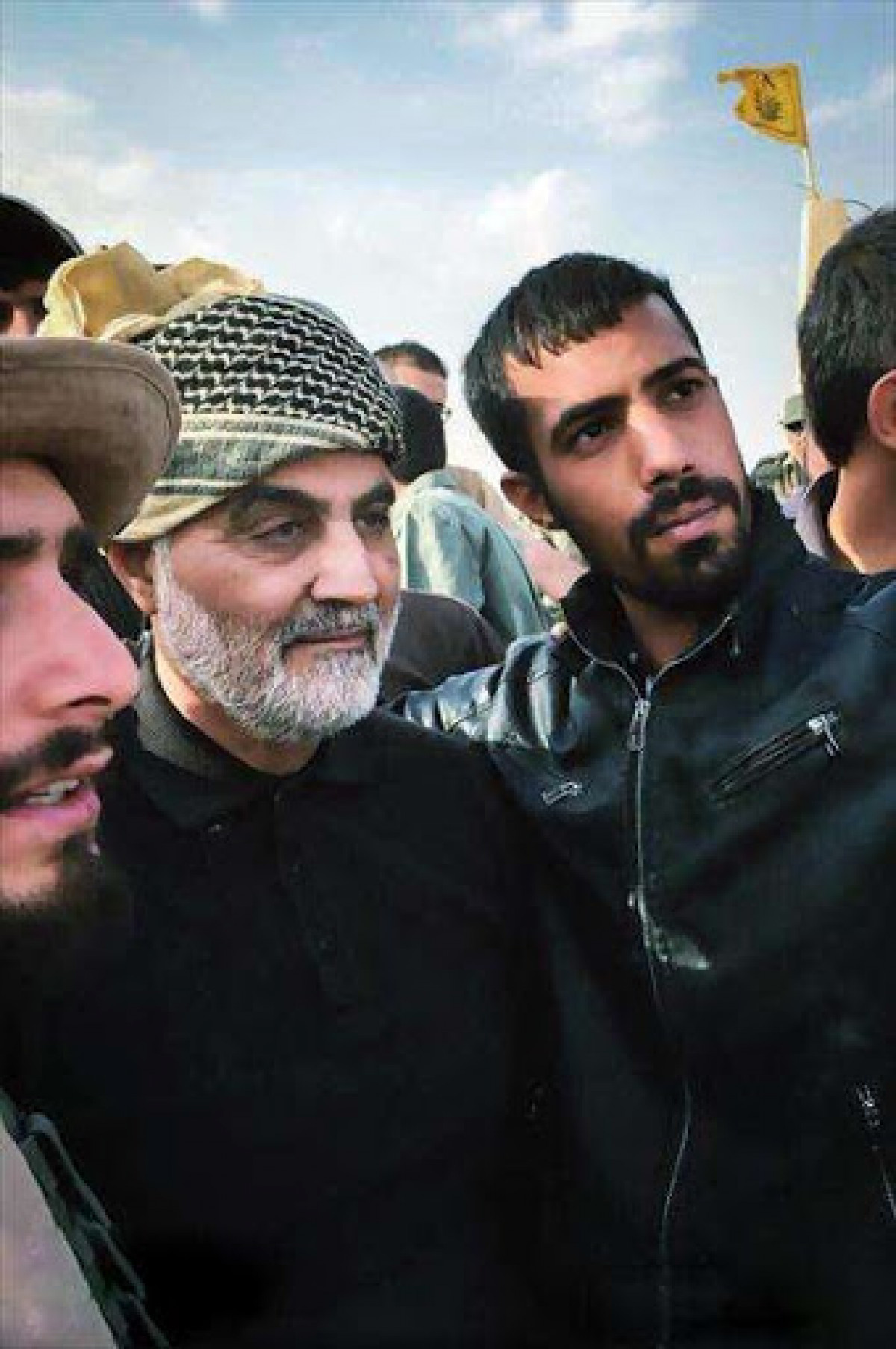 47
47
The battle grabbed international attentions, mostly Arab and Western world. This because of the aftermath of the battle would change the whole equation of Middle East power. For Arab world, the battle would prove whether Israeli military is really invincible as it claims or not. The war’s aftermath told the other way around.
Since then, Lebanese Hezbollah emerges as the real threat to Israeli dream of Greater Israel, which spreads from Nile to Euphrates. The movement snowballs as time goes by and becomes harder to eliminate. It becomes stronger and makes the Western world think that now Hezbollah is as the real deal.
The battle technically was first Arab and Islamic victory against Israel since 1967. Israel gave up the war it had started and withdrew from the conditions it had set, and instead of continuing the war, it built a wall inside the occupied territories and all the efforts of its leaders in the face of Hezbollah changed from open confrontation to maintaining the status quo.
One of the key reasons behind this victory the presence of Iranian Top General, Qasem Soleimani. As Hezbollah’s Secretary General, Hassan Nasrallah said, Soleimani was at the center of the war. Under his command, we were able to prove to
everyone the weakness of Israel's military and political leaders. [1]
General Soleimani's successful participation in the Tammuz War Command Center forced senior Israeli army officers to admit that the defeat in the war had far-reaching consequences, including a loss of trust in Israel's political and military leaders.
According to General Blanton of the American University for Advanced Military Studies, the war ended with the defeat of the Israeli army. Hezbollah used both conventional and unconventional strategy to defeat Israeli forces. [2]That is what he called ‘a hybrid threat’. In his paper, he warned American military to be prepared for facing future hybrid threats.
Comment
Post a comment for this article